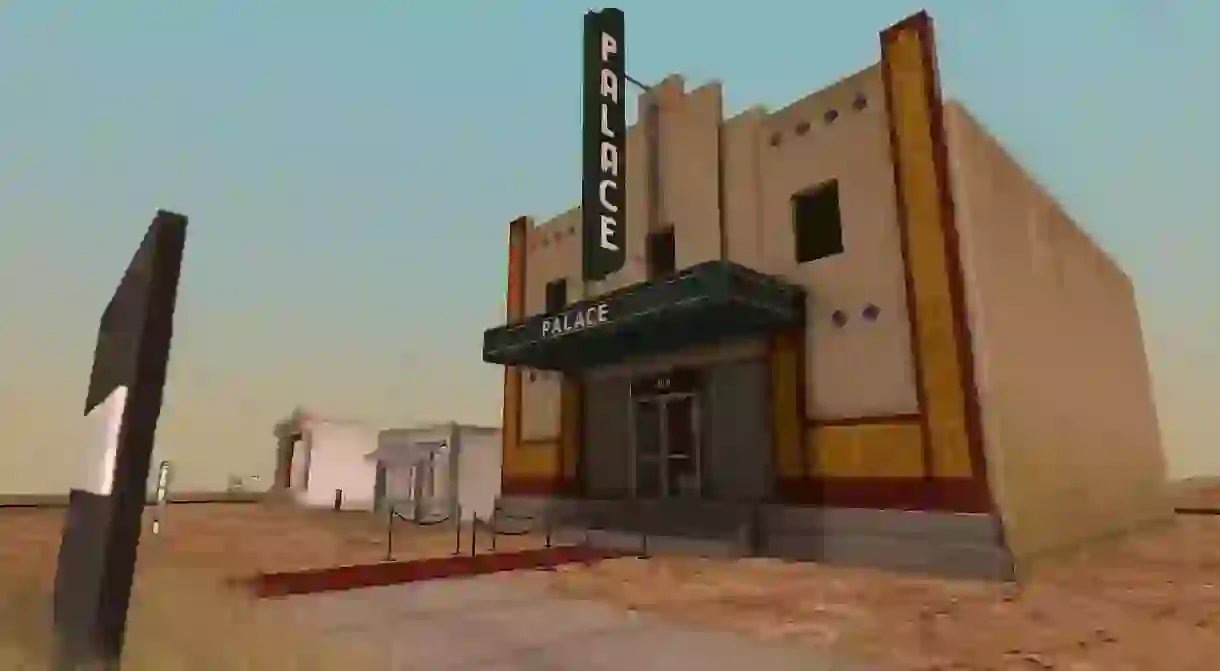The Best Film Adaptations of Classic Novels

Film adaptations get a bad rap. Even the best ones, adapted from widely acclaimed novels, risk butchering their content. Take for example The English Patient which, while an Oscar-winning movie, reduced Michael Ondaatje’s existential prose into a conventional, breathy love story. Others are mere lists of everything that happens in a novel rather than films that bother to find their own voice (think of David Lynch’s infamous stab at Frank Herbert’s Dune or even the faithful-to-a-fault film of Alan Moore’s Watchmen). But sometimes cinema, through a combination of its own innovations and an understanding of the text in question, manages to get it exactly right. Here are a few of the best film versions of timeless classic novels (and one short story).
Jane Eyre (2011)
Charlotte Brontë’s greatest novel has been the source of countless adaptations, but 2011’s Jane Eyre, directed by Cary Fukunaga, is somehow the best. Ravishingly shot and emotionally alive, it stars Mia Wasikowska as the heroine who is beguiled by the secretive and smoldering Mr. Rochester, played here by Michael Fassbender.
Doctor Zhivago (1965)
This one is easy, as David Lean’s version of Boris Pasternak’s sprawling Russian epic is often acclaimed as one of the greatest films of all time. A perfect film semi-faithfully adapted from a perfect novel, stars Julie Christie and Alec Guinness who are more than equal to the task (while the ubiquitous Omar Sharif is serviceable as the titular Doctor). And yet it’s easy to see how Lean’s Doctor Zhivago—an English version of a story that spans the Russian Civil War—could have gone awry in the hands of a less talented production team, who clearly spared no expense on ice castles and a memorable cameo by German actor Klaus Kinski.
https://www.youtube.com/watch?v=hvIL_A0UsJk
Age of Innocence (1993)
When asked their favorite Martin Scorsese film, too few name Age of Innocence. And yet it is a masterpiece that faithfully adapts Edith Wharton’s stately class drama into a colorful and classic historical romance, starring Michelle Pfeiffer, Winona Ryder, and a standout performance by Daniel Day-Lewis, who was fresh from another superb adaptation: Michael Mann’s The Last of the Mohicans from 1993.
American Psycho (2000)
In retrospective, it is amazing that American Psycho is such a successful film. Its source novel, by Bret Easton Ellis, was so widely protested that it almost wasn’t released at all. But I Shot Andy Warhol filmmaker Mary Harron figured it out, using the ghastly violence perpetrated by Wall Street investment banker and serial killer Patrick Batemen (Christian Bale) to make an eloquent argument about misogyny and masculine power structures.
Apocalypse Now (1979)
For Apocalypse Now, Francis Ford Coppola (and screenwriter John Milius, who would go on to direct Conan the Barbarian and Red Dawn) relocated the story of Joseph Conrad’s Heart of Darkness from the Belgian Congo to Vietnam. The result is a troubling and tonally perfect marriage of prose, period, and cinematic virtuosity.
Lolita (1962)
The posters for Stanley Kubrick’s adaptation of Vladimir Nabokov’s Lolita asked filmgoers “How did they ever make a movie out of Lolita?” meaning “How did they get a movie of Lolita past the censors?” The answer is with humor and considerable restraint. And audiences who found this version too toned-down had only to wait for the much more explicit version of 1997, starring Jeremy Irons.
Tinker Tailor Soldier Spy (2011)
Almost every film taken from a John Le Carré novel has something to offer, but Tomas Alfredson’s Tinker Tailor Soldier Spy might be the most stylish espionage film since The Manchurian Candidate. With the help of an all-star cast including Tom Hardy, Colin Firth, and Gary Oldman as Le Carré’s anti-Bond spy-hero George Smiley, it manages to do as much justice to its source novel’s air of Cold War intrigue as The Spy Who Came in from the Cold did back in 1965.
Love and Friendship (2016)
Jane Austen adaptations are, of course, legion. But the recent Love and Friendship, directed by Whit Stillman from a very early, unpublished-in-her-lifetime Austen novel called Lady Susan, instantly shoots to the top of the list, with its wry humor and ironic manner. Kate Beckinsale and Chloë Sevigny clearly understood what Stillman was going for, as their performances match his playful tone perfectly.
Kes (1969)
The heartbreaking kitchen sink English drama Kes by Ken Loach is adapted from a beloved 1968 novel, A Kestrel for a Knave by Barry Hines. The story of a hopeless Newcastle youth who bonds with a kestrel while the adult world around him seems only to torture him, Kes is a cinematic masterpiece—but viewer beware, the dialogue, spoken entirely by local northern English actors, is near incomprehensible to American ears without subtitles.
Don’t Look Now (1973)
Director Nicolas Roeg’s Don’t Look Now, adapted from Daphne du Maurier’s short story, broke more ground for the horror thriller than any film since those of Alfred Hitchcock, who adapted two of his movies, The Birds and Rebecca, from works by du Maurier. Starring Julie Christie and Donald Sutherland at the height of their powers, the film is famous for its stunning love scene and an unpredictable climax that will haunt your dreams.













